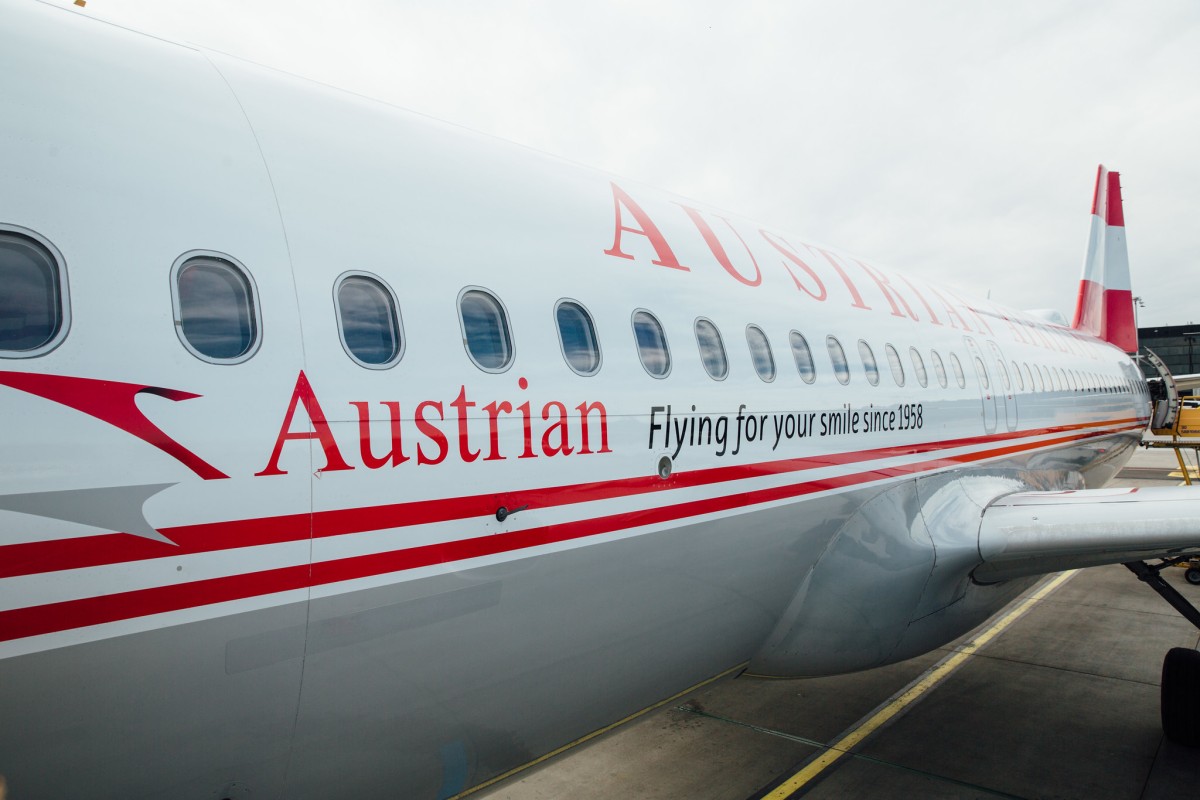Sponsored Content
ECJ Confirms Legality of AUA Rescue Against RyanAir and Laudamotion
In a significant ruling, the European Court of Justice (ECJ) has confirmed the legality of €150 million in state aid to Austrian Airlines (AUA) during the COVID-19 pandemic. This ruling marks the conclusion of a legal dispute brought by the low-cost airlines Ryanair and Laudamotion against the approval of this aid by the EU Commission.
 Ryanair and Laudamotion's lawsuit against AUA's state bailout has been defeated, as the European Court of Justice ruled that Austria's €150 million 2020 aid was lawful. / Picture: © Austrian Airlines / Flickr Attribution-NonCommercial-ShareAlike 2.0 Generic (CC BY-NC-SA 2.0)
Ryanair and Laudamotion's lawsuit against AUA's state bailout has been defeated, as the European Court of Justice ruled that Austria's €150 million 2020 aid was lawful. / Picture: © Austrian Airlines / Flickr Attribution-NonCommercial-ShareAlike 2.0 Generic (CC BY-NC-SA 2.0)
In the course of the first wave of the COVID-19 pandemic in 2020, AUA, a subsidiary of the German Lufthansa, was confronted with massive financial challenges. The Austrian government reacted quickly and adopted a comprehensive rescue package totaling EUR 600 million. In addition to direct aid of 150 million euros, this package also included a loan of 300 million euros, for which the…
or Log In
Fast News Search





